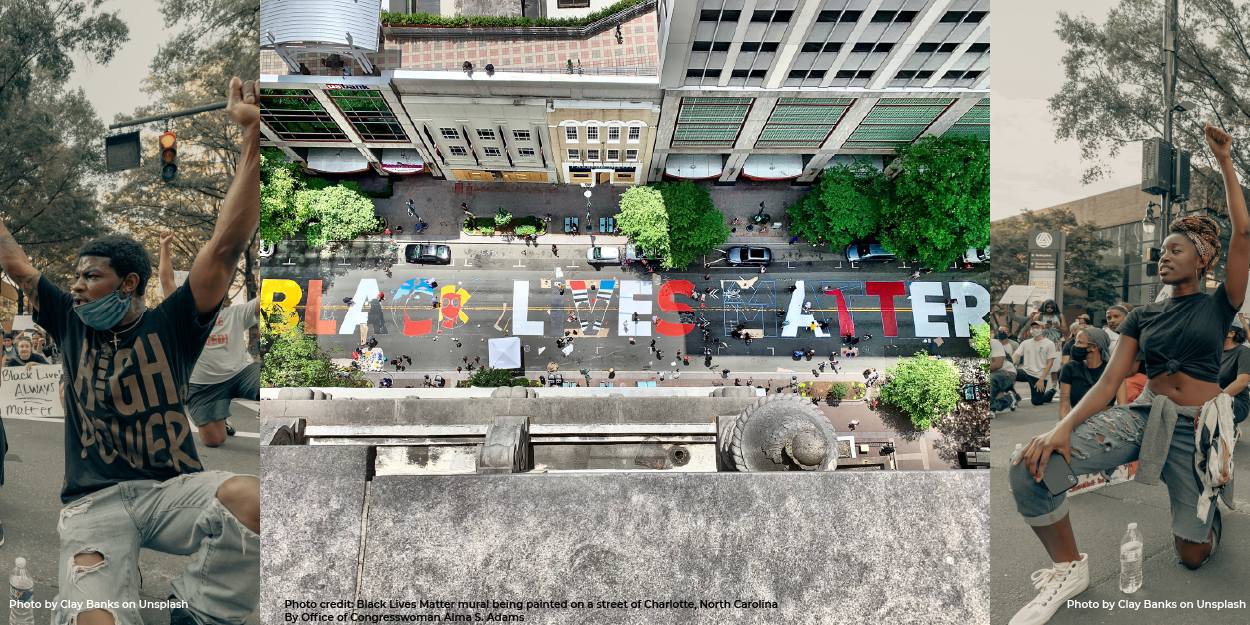We Didn't Come This Far to Come This Far
I was with Dr. L.C. Dorsey, a Mississippi civil rights legend; one night in New Delhi, India when she spoke about human rights at a public forum organized by local feminists with the organization Creating Resources for Empowerment in Action. She was asked whether the Civil Rights Movement had brought change to Mississippi. She paused for a good while before answering. As my friend Bob Demmons says, “You could have heard a mouse tip-toeing through cotton.” That night in Delhi, L.C.’s prepared remarks established her moral, experiential and intellectual authority to offer a meaningful response to that question. She struggled all her life to change Mississippi. I waited along with the Indian feminists to learn from this wise woman. And I believed her answer. As I sit now watching yet another video of yet another black mother’s child being murdered by white men in this 21st century and wonder whether – yet again – they will do so with impunity; her response that night haunts me. And I am bitter about feeling gratitude that L.C. died in 2013 so that she is not seeing this, too.
L.C. ‘s answer was grounded in the experiences of her life. Born in Mississippi in 1938 to sharecroppers, she spent her first eleven years on the Walker Plantation in the Mississippi Delta. Later, she lived on the plantation next to the one where Mrs. Fannie Lou Hamer resided and it was Mrs. Hamer and the young people of the Student Non-Violent Coordinating Committee (SNCC) who brought this tiny, uneducated black woman of unfathomable courage and tenacity into the Civil Rights Movement. She later earned a doctorate degree with the fierce intellect that powered her vast organizing and advocacy that made her a legend whether organizing voter registration, advancing access to health care in the Delta, challenging the inhumanity of Parchman Prison with the Southern Prisoners Defense Committee, co-founding the Southern Rural Black Women’s Initiative, joining the faculty at Mississippi Valley State University, serving on President Jimmy Carter’s Council for Economic Opportunity or President Bill Clinton’s Health Care Reform Professional Review Committee, or challenging members of the board of the Ford Foundation one night in Selma, Alabama. I waited along with the Indian feminists to learn from this wise woman. And I believed her.
L.C. answered by first sharing what she felt at her core living on plantations in the Mississippi Delta in the 40s, 50s and 60s. She spoke of knowing as a child that she was not safe. She knew for a fact that any white person could do anything to any black man, woman, child or baby with impunity. She knew her parents could not protect her. She knew her father could not protect her mother and certainly not himself. Not from anything that any white person wanted to do. She said it simply and straight – constant fear and terror. Until the Civil Rights Movement changed Mississippi. Always realistic, L.C. acknowledged that it wasn’t time to stop singing “We Shall Overcome.” She did not declare that all was well. Rather, she emphasized that black folk continued to struggle for the full rights of citizenship and for respect and protection of human rights. But, an absolute hush fell upon the room when she said, “Yes. There’s been change. I no longer live with that fear. We have work to do; but it’s not like that anymore.”
L.C. did not live to experience the nightly news about Freddie Gray, Breonna Taylor, Sandra Bland, and so many more. She did not live to see four policemen murder George Floyd in broad daylight, surrounded by witnesses with such casualness that one officer looked around blandly, while the other had his hand in his pocket as he pressed the last breath out of Mr. Floyd. As I look at yet another broadcast of the video of Mr. George Floyd being murdered, I am bitter about feeling gratitude that L.C. died in 2013 so that she is not seeing this.
